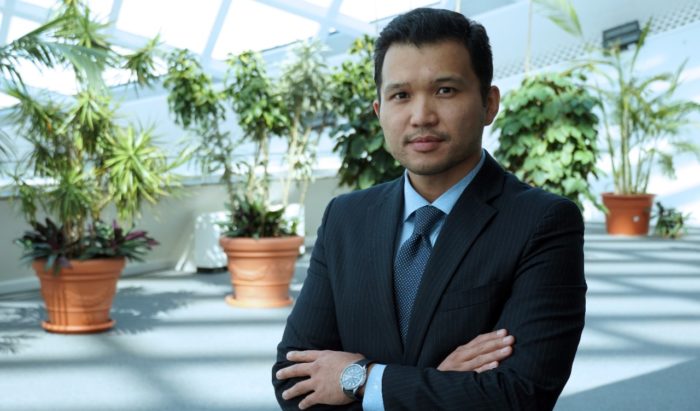On March 31, the Informal Meeting of the Cooperation Council of Turkic-Speaking States (Turkic Council) took place virtually. This was the ninth summit of the leaders of the Turkic countries, which discussed the deepening of cooperation in the Turkic world.

One of the key points on the agenda was naming the city of Turkistan as the spiritual capital of the Turkic world.
In his opening statement, Kazakh President Kassym-Jomart Tokayev noted the exceptional importance of modernizing the entire Turkic civilisation. In this regard, Turkistan is of special importance for all Turkic peoples and should become an important ideological center for integration throughout the Turkic world.
Earlier, on the initiative of the First President of Kazakhstan, Nursultan Nazarbayev, the city of Turkistan became the regional centre of a new region of the same name. Over the past years, substantial funding was allocated to the city, due to which Turkistan received a powerful impetus for development. Thus, all conditions were created in advance for the transformation of the city into one of the centres of Turkic integration, the relevance of which has sharply increased in recent years.
The growing importance of the Turkic direction in the foreign policy of Kazakhstan is associated with several factors.
First, since its formal establishment on the initiative of Nursultan Nazarbayev in 2011, the membership of the Council has expanded.
In 2019, Uzbekistan joined the organization as a full member, significantly expanding the potential of the structure. In 2018, Hungary joined the organization as an observer, which demonstrates the increased interest in the Council from other countries, including Europe.
In the case that Turkmenistan joins as well, the Council will completely encompass the entire Turkic space from the Adriatic Sea to China.
Secondly, in recent years, cooperation between the countries has become more pragmatic and meaningful. If at the first stages key priority was given to the development of humanitarian and cultural ties, then since the formation of the Turkic Council, the issues of deepening trade, economic and investment ties, as well as the development of transcontinental transit corridors have come to the fore.
Thus, the Council has four working groups that deal with issues of trade and economic cooperation, improving the investment climate, and developing entrepreneurship and tourism. The Turkic Business Council and the Turkic Chamber of Commerce and Industry were also established. In addition, the member states are discussing the possibility of creating an Investment Fund with capitalization of $500 million.
Thirdly, in the post-pandemic period, the Turkic space can become an important point of economic growth.
The Turkic countries have great untapped economic potential. The aggregated market of the countries of the Turkic Council is approximately 150 million people. At current prices, the combined GDP of its member countries in 2019 was estimated at $1.218 trillion.
At the same time, almost all member countries retain significant potential for increasing economic growth. For example, before the pandemic, analysts at Standard Chartered predicted that Turkey would become the fifth largest economy in the world by 2030.
Finally, the prospect of opening the Turan corridor following the results of Azerbaijan’s victory in the war for the de-occupation of Nagorno-Karabakh region last year, gives a powerful impetus to further increasing the transport connectivity of the Turkic countries and turning the area of the member states into a key transit corridor of Eurasia.
Thus, today Turkic integration is not only about the revival of cultural and humanitarian ties among close brotherly peoples, but also a promising direction of foreign economic activity for Kazakhstan.
Today the Council, as a result of the active position of our country, has entered a key stage of its development. If the Turkic Council is able to maintain its positive dynamics of interaction, it can become one of the most important geopolitical assets for Kazakhstan.
The author is the expert of the Institute of World Economics and Politics (IWEP) under the Nursultan Nazarbayev Foundation.

